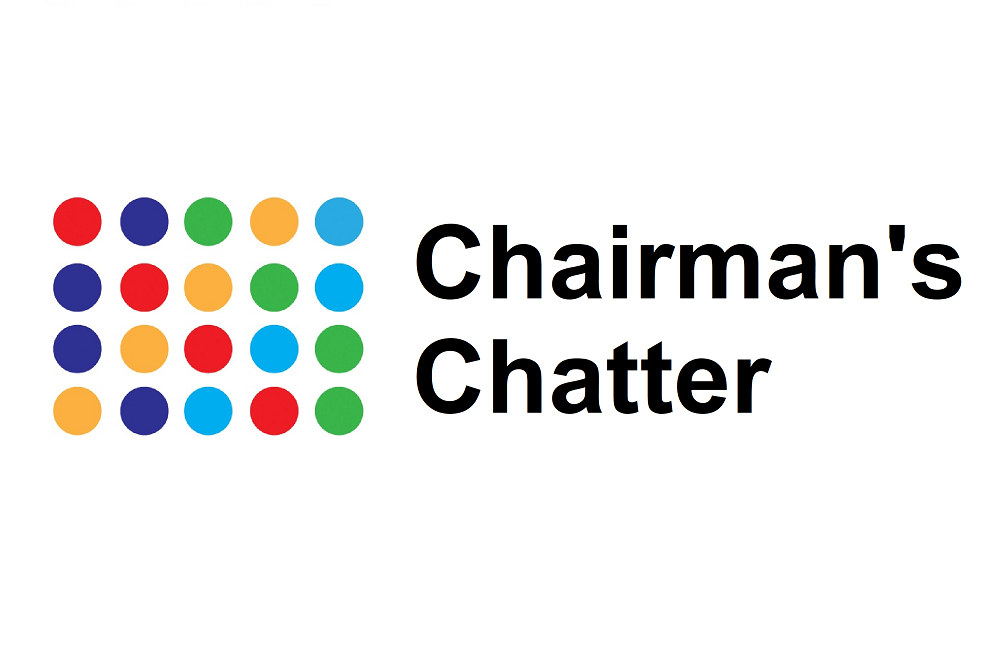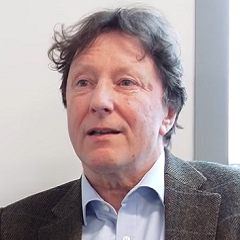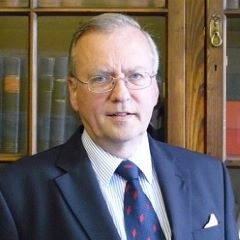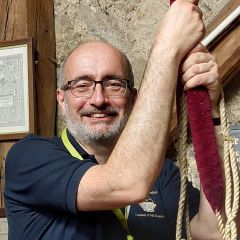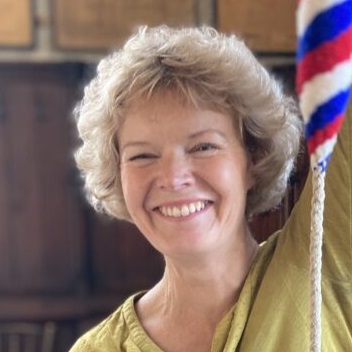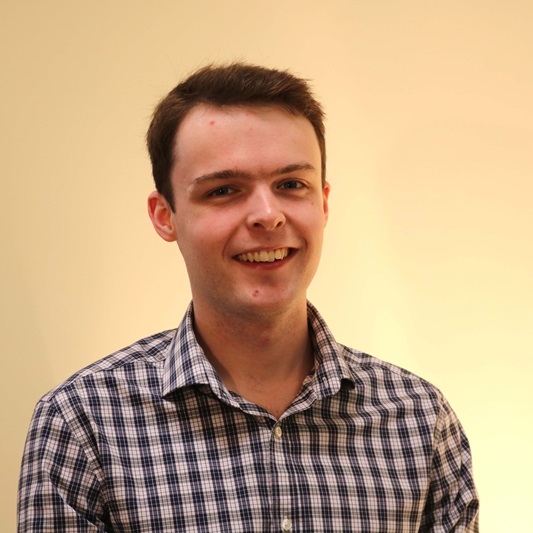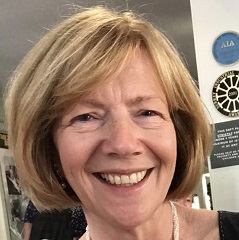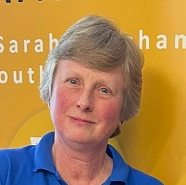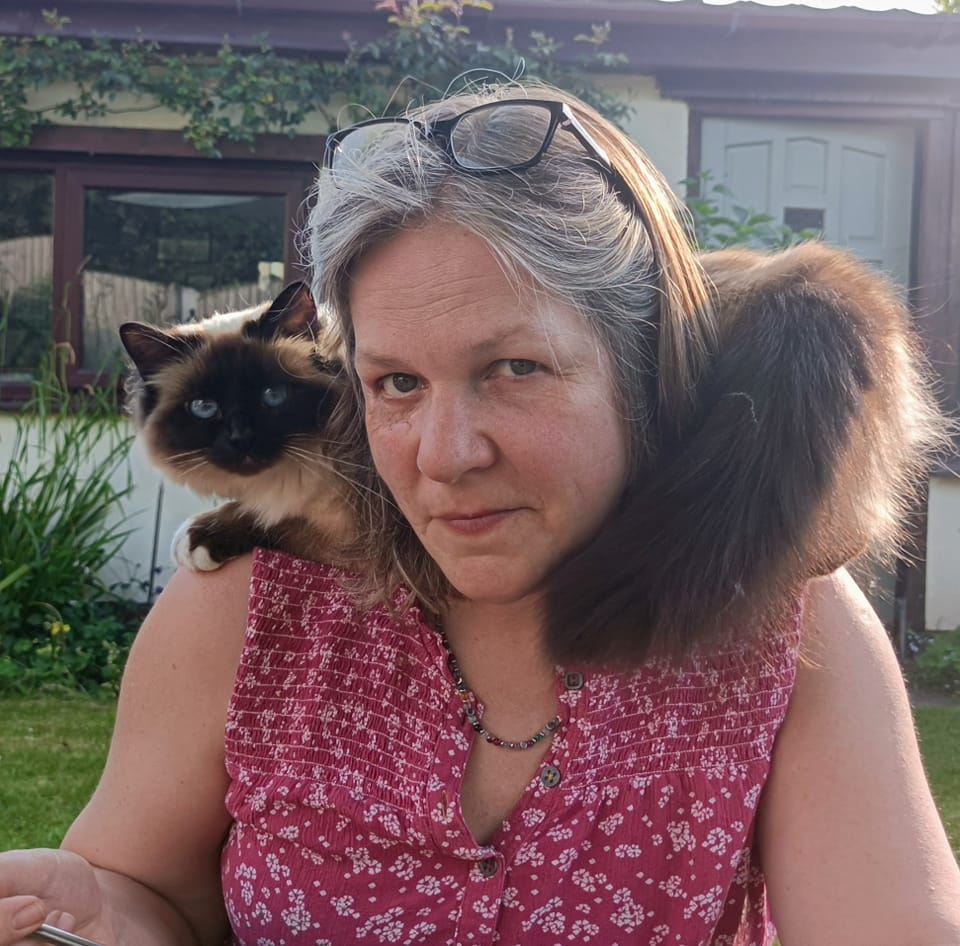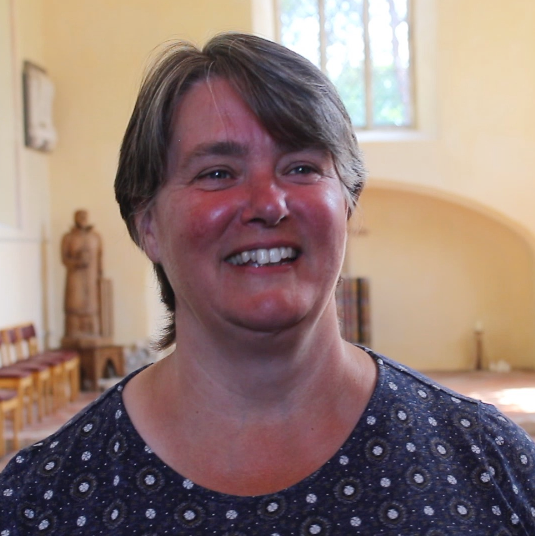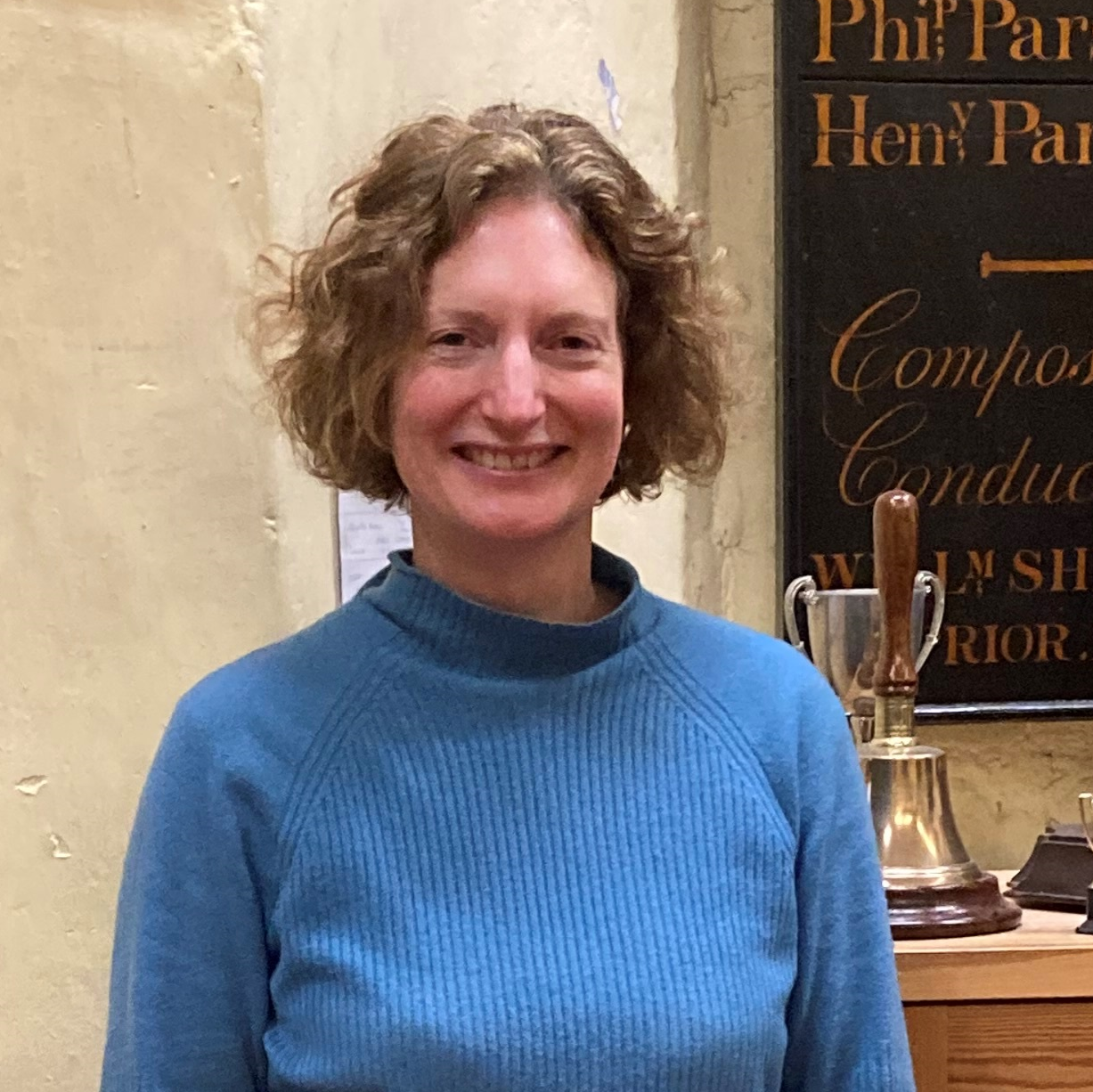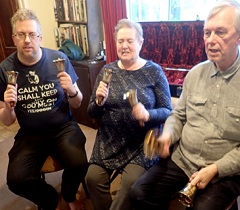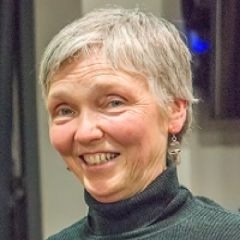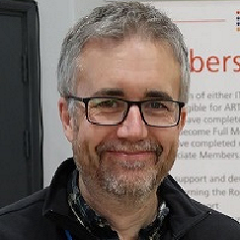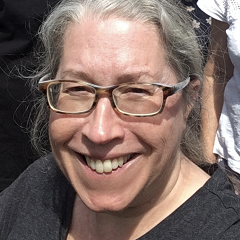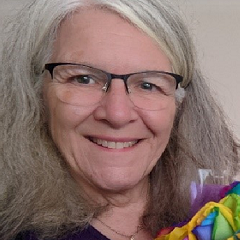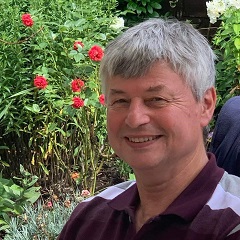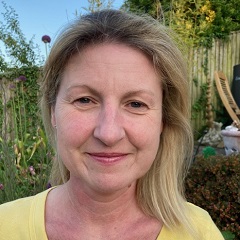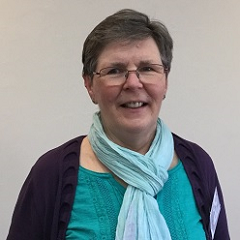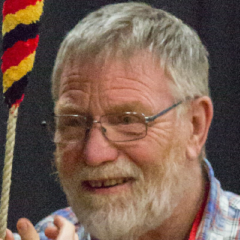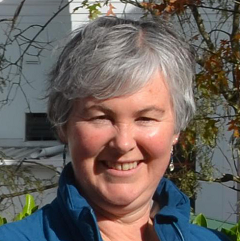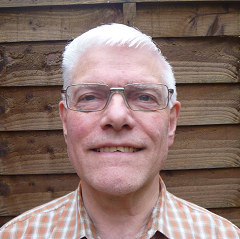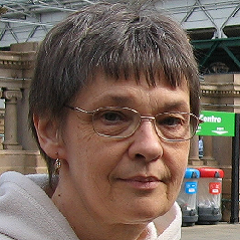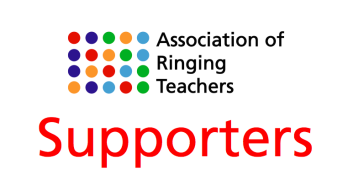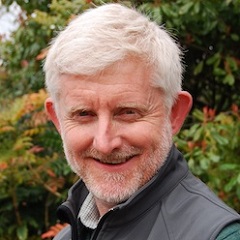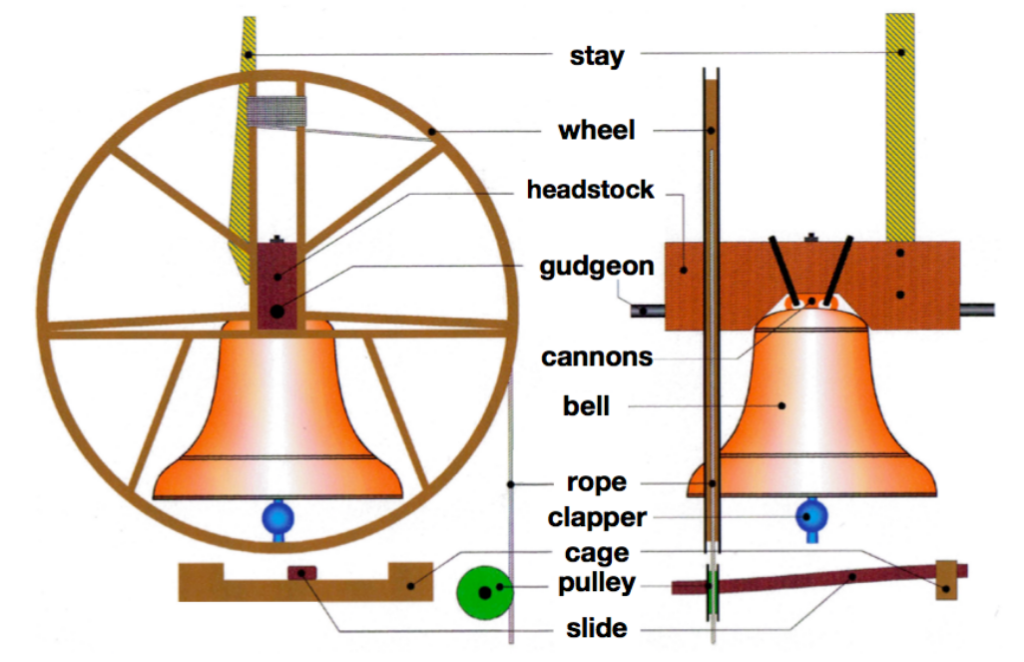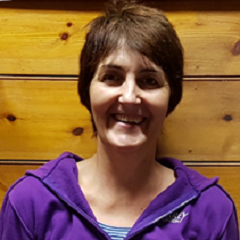The conference and beyond
It is now a year since I took over from Lesley as Chair of ART, the conference is in the recent past and the AGM is coming up next week.
This year the conference was held in Warwickshire over the weekend of the 2nd and 3rd of March. Based in the village of Harbury near Royal Leamington Spa we were treated to a number of excellent talks on a wide range of issues. Along with the sort of thing one might expect at a bellringers’ meeting there were one or two contributions that I wish to highlight for the messages they gave us about our health and wellbeing and what is going on in the world of bellringing politics in our local guilds or associations.
The ART Conference – the state of the Church
It cannot have escaped many of you that the state of the Church (of England, but in other countries as well) is not as we might wish it to be. Of course, all things change but we are heavily reliant in bellringing upon the good health of the Church as the effective owner of the pitch upon which many of us practise our art.
That the Church is not in robust health so far as congregations is concerned will not be a surprise to you and along with it comes a general fall in interest for bellringing as part of the work of the Church. That is not to say that there isn’t an ongoing interest in bellringing as a part of our society. The demand for bellringing teaching services last year was enormous and almost engulfed us in the early stages of my tenure as Chair. The response from you and others across the country during the Ring for the King period was nothing short of heroic and many thanks to those in our office, Rose, De and Monica as well as all of the volunteers and teachers who responded so well.
Learning from Ring for the King
As a learning organisation though, ART has a duty to find out what happened in the longer term. It was said in one of the conference presentations that the presenter’s experience was not as positive as he would have hoped. He stated that the RFTK episode had taken a lot of effort but that neither of the two people he had taught to handle a bell, and who rang for the King, continued ringing after the event.
We have been keen to understand how this major piece of marketing by the Central Council which had such spectacular results in terms of recruits has worked in the longer term. I have heard anecdotes from many across the UK that it worked well for them and that people taught at the time of the RFTK initiative have stayed on but some have also said the opposite. So how will we know?
We have recently emailed all 1979 people who got in touch via ART about wanting to RFTK and for whom we have valid email addresses, asking them to complete a short feedback form telling us of their experience at the time and since the Coronation. In any survey a 30% response would be good and anything beyond that would be remarkable, however, if you have worked with some RFTK ringers who came to you via ART, it would be great if you could encourage them to respond to the survey, even if they have left ringing subsequently.
If we have a good response to the survey, it will help us when we work with the Central Council in the future, especially with their Ringing 2030 initiative.
The ART Conference – teacher burnout
Another conference presentation was from an academic at Leeds Beckett University School of Sport. Dr Gareth Jowett is a psychologist working with athletes and coaches at the Carnegie School of Sport on the issues of ‘burn out’. If you would like to watch a recording of the presentation please click the link below:
Burnout: putting out the fire
Gareth’s presentation gave us a timely reminder of the effects that extended periods of physical and mental exertion can have on the body and brain! These effects are felt both by those trying to extend themselves physically and mentally and also by those coaching or teaching them. He gave us some insights into how we can spot the signs and deal with them as best we can. The techniques he explained are supported by excellent and thorough research across a number of disciplines, including that of classroom teaching in schools as well as elite athletes and their coaches.
However, one thing above all others has stuck in my mind. At one point he was talking about the contagious spread of stress in a group and the phrase that stuck with me was ‘co-rumination’. Think of a few people sitting round a table, possibly with glasses of wine or pints of beer in their hands. I think you get the meaning of ‘co-rumination’! So they are not ‘muttering’ they are co-ruminating, so much better I am sure you agree.
The ART Conference – personal ringing development
Also, at the Conference we provided opportunities for ART Members to develop their own ringing. On the Sunday we organised, with the help and willing collaboration of the Ancient Society of College Youths and the Royal Society of Cumberland Youths, six workshops on various aspects of ringing. These included 10/12 bell ringing at Coventry Cathedral, Conducting Stedman Triples, Extending your surprise major ringing, complicated stuff on six bells with multiple surprise methods and even spliced surprise major.
There were 27 participants and 58 helpers engaged with the ASCY and the SRCY in the lead and providing all the group coordinators. I was supporting the 10/12 bell group at Coventry and if that experience was anything to go by the event went down well with all participants.
I want to thank the ASCY and the SRCY for their unstinting help with this and their support for ART as a whole.
The ART Awards
The ART Awards this year were again led by Stephanie Warboys. Stephanie announced the award results at the conference, ably supported by Arthur Reeves, Education Officer for ART. There were many inspiring nominations. That the judges had to choose between a number of well-presented cases in every category speaks volumes for the great work you all do and it is a showcase of success and good practice.
We must all thank the judges for putting themselves forward to make these judgements, not everybody wants to judge the achievements of others and it can be quite difficult to choose a winner or winners. In particular, I want to thank Stephanie for leading this initiative on behalf of ART and for the wonderful and uplifting work she and others do for the LtR Level 5 Achievers at the LtR Masterclasses each Autumn. For a complete list of winners and commended teams and individuals, visit:
2024 ART Award winners
The ART AGM – constitutional changes
The AGM is coming up, and I want to explain the thoughts behind the proposed changes in the constitution.
The major change, apart from some small tidying up and re-structuring of content is in the removal of two categories of membership. The Tutor Member category was used in ART’s early days to give membership to tutors who were not accredited members. All recent appointments of new tutors have not used this category, because they have already been accredited members of ART. A tutor is a member who for a period acts as a tutor and current practice is not to change their membership category when a member is asked and agrees to become a tutor for one or other of the modules. There is no other difference in treatment between any other member and a member who is also a tutor.
The other point I have been thinking about and which was also mentioned to me on several occasions by members is the issue of fairness. Whilst current full members have had to qualify through both the M1 and an M2 module this would be lost with the removal of the associate member category. It has become clear to me in the last year that ART is a successful group who are being widely seen as one of the solutions to the future of bellringing. If that is so and I believe it is, then we must be careful not to exclude many ringers from full membership on technical grounds.
Many ringers who take our M1 module are keen to help with the task of training new ringers to become bell handlers. That is what the M1 module does, it does not train bellringers. The same people are in many cases neither desirous of or able to take on the role of training people to become bellringers, the stuff of the M2 modules and perhaps other modules in the future. Why should this exclude them from becoming a full member of ART?
On the other hand many ringers are more than happy to train ringers but not bell handlers. Why then do we exclude them from full membership? One might consider an analogy with academic staff in a university or teachers in a school: different subjects at different levels require a range of skills that are not usually present in one person.
I ask you all, especially if you are attending the AGM, to give consideration to the discussion at the AGM you will hear and take part in and above all come to a decision yourself on this matter. I look forward to hearing the debate at the AGM.
If you are an ART Member there is still time to register to attend the AGM by clicking the link below:

